President Tinubu's Upcoming Meeting with Labour Leaders
In a significant development for Nigerian workers, President Bola Tinubu is set to meet with the leadership of the Nigeria Labour Congress (NLC) and the Trade Union Congress (TUC) this Thursday. This imminent meeting comes after a period of intense deliberation and negotiation concerning the country's national minimum wage. The discussions are anticipated to center on the recommendations put forth by a tripartite committee tasked with determining a suitable minimum wage for the nation.
The Proposals on the Table
The tripartite committee has presented two primary proposals. The first is a figure of ₦62,000 suggested by both the government and the Organised Private Sector. This figure reflects what these entities believe to be a manageable and economically viable minimum wage. However, the Organised Labour, representing numerous employee unions, has made a bolder proposal for a new minimum wage of ₦250,000. They argue that this higher figure is necessary to keep pace with the rising cost of living and inflationary pressures that have been impacting Nigerian workers.
Understanding the Context
It's crucial to understand the backdrop against which these proposals are being made. Nigeria, like many other countries, has been grappling with economic challenges exacerbated by global and domestic factors. Inflation has been on the rise, eroding the purchasing power of the naira and making it difficult for average Nigerians to make ends meet. This situation has made the issue of a livable minimum wage more urgent than ever.
Moreover, the gap between the proposed figures - ₦62,000 and ₦250,000 - highlights the differing perspectives on what constitutes a fair wage. The government's proposal could be seen as a more conservative estimate, possibly reflecting budgetary constraints and economic forecasts. On the other hand, the Organised Labour's demand underscores the daily realities faced by workers who struggle to sustain their families on current wages.
Past Efforts and Delays
While the committee's report has been submitted, the decision on the new minimum wage has been delayed. Such delays are not uncommon in the process of wage negotiations, as they often involve balancing various interests and ensuring that the final decision is both fair and sustainable. Previous efforts to revise the minimum wage in Nigeria have also encountered similar challenges, including lengthy discussions and debates among stakeholders.
For instance, the last significant minimum wage review in Nigeria was in 2019, when the wage was increased to ₦30,000 from ₦18,000. That process was also marked by intense negotiations and a series of strikes and protests by labour unions demanding a more substantial increase. These historical precedents provide context for the current discussions and highlight the importance of reaching a consensus that addresses the needs of all parties involved.
Economic Implications
The decision on the minimum wage will likely have far-reaching implications for Nigeria's economy. On one hand, a higher minimum wage could improve the standard of living for workers, potentially boosting productivity and consumer spending. This could, in turn, stimulate economic growth. However, there are concerns about the potential impact on businesses, particularly small and medium-sized enterprises that may struggle to meet higher wage demands. The government will need to carefully consider these factors to ensure that the decision promotes economic stability and growth without placing undue burden on businesses.
Labour's Expectations
The Organised Labour's demand for ₦250,000 reflects broader expectations among Nigerian workers for a significant improvement in their living conditions. Labour leaders have emphasized the need for a wage that aligns with the current economic realities and enables workers to live with dignity. They argue that the proposed ₦250,000 figure is not merely about wages, but also about addressing systemic issues such as inflation, high cost of living, and inadequate social safety nets.
What Lies Ahead
As President Tinubu prepares for the forthcoming meeting, all eyes will be on his decision regarding the new minimum wage. The outcome of this discussion will likely influence labor relations in Nigeria and set the tone for future wage negotiations. Both the NLC and TUC have expressed optimism that the President will consider their perspectives and make a decision that reflects the interests of Nigerian workers.
In conclusion, the upcoming meeting between President Tinubu and the labour leaders is a pivotal moment in Nigeria's ongoing efforts to establish a fair and livable minimum wage. The decision will have significant implications for both workers and the broader economy. It remains to be seen how the discussions will unfold and what the final outcome will be. One thing, however, is certain – the issue of minimum wage is a critical one that touches on the livelihoods of millions of Nigerians and the overall economic health of the nation.

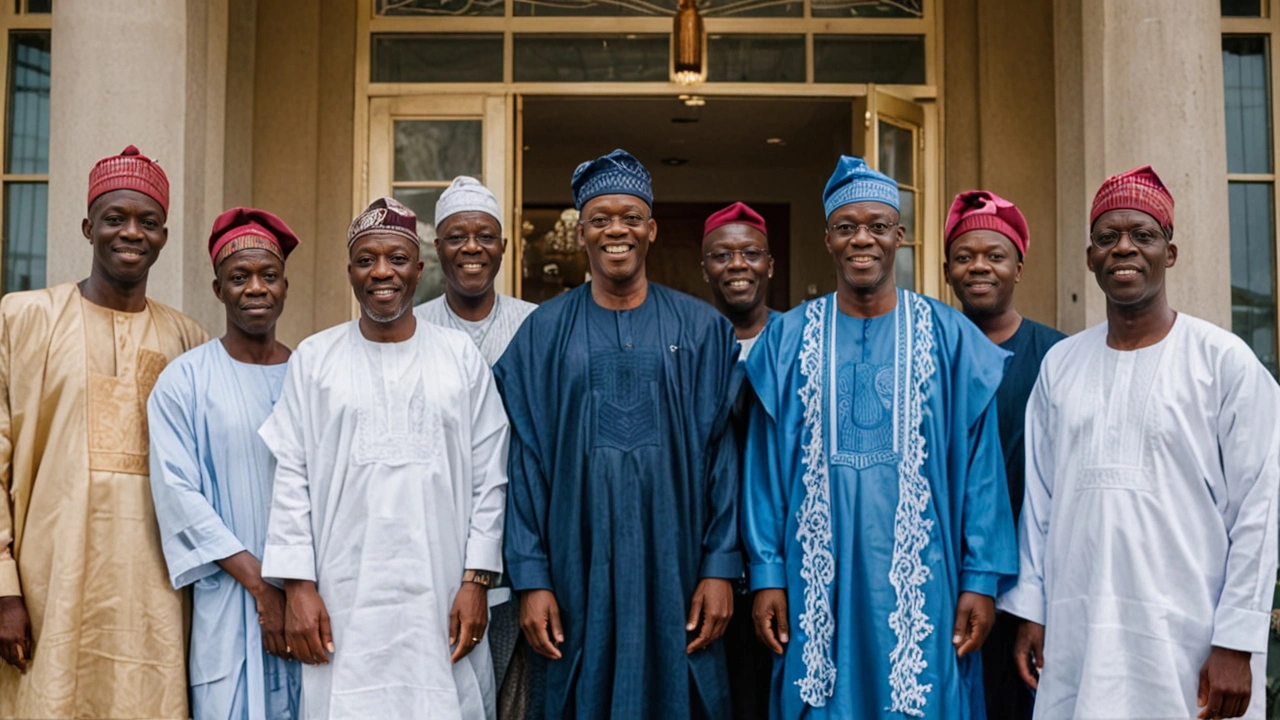
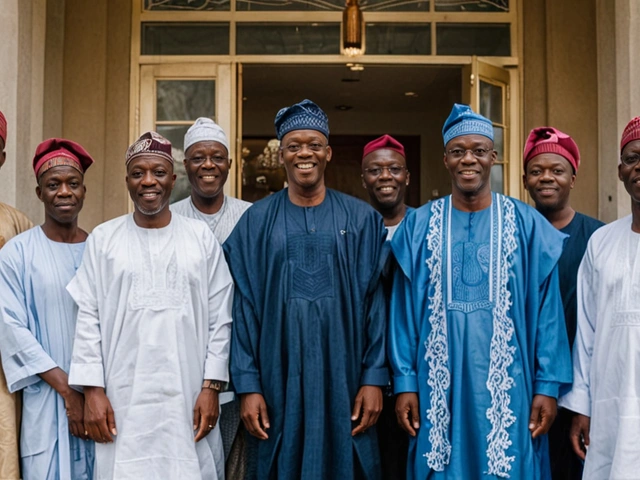
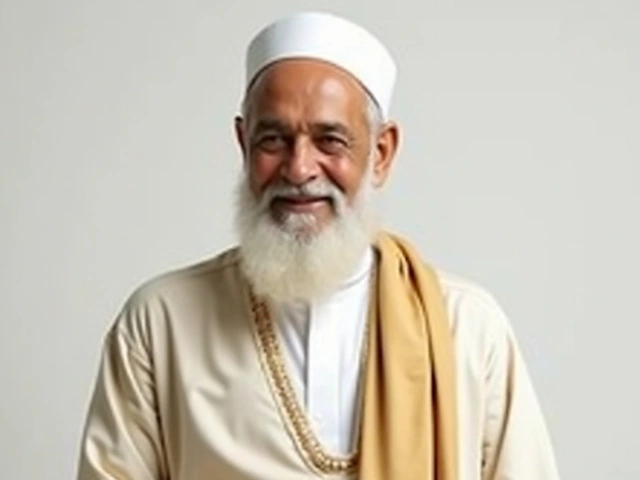
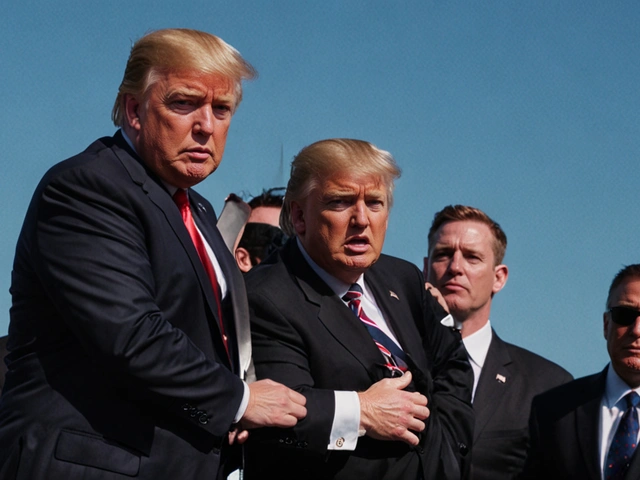
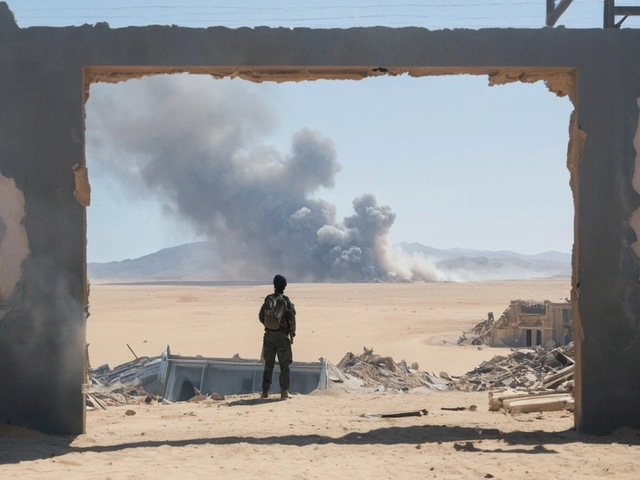

Post A Comment